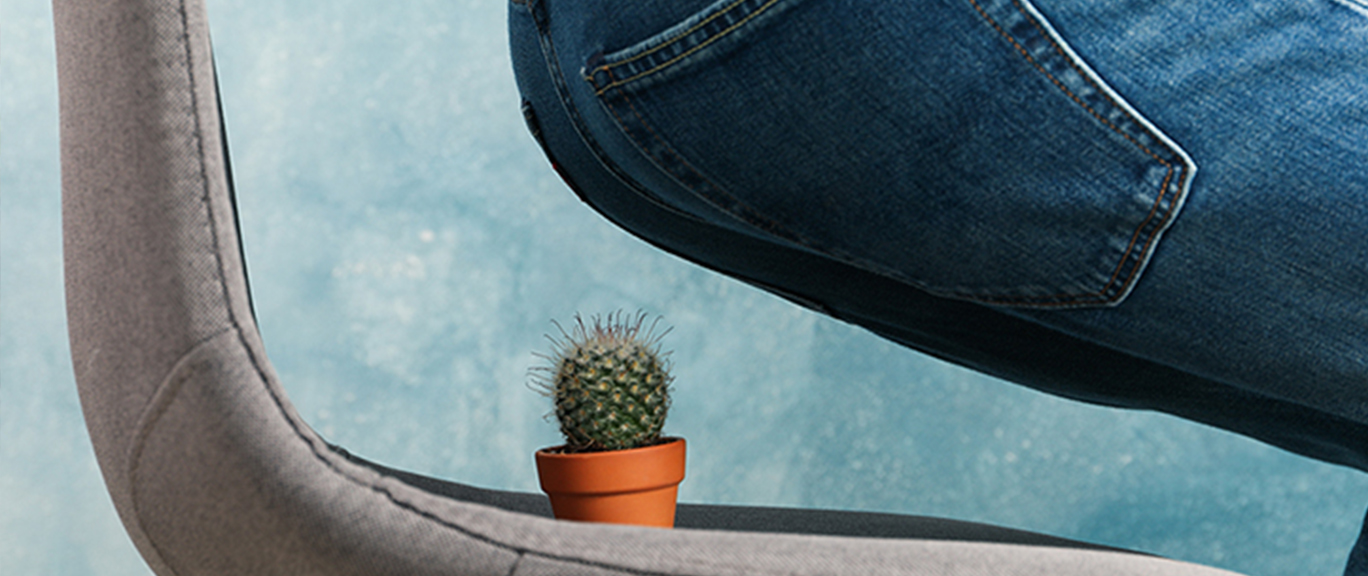Hemorrhoids, also known as piles, are swollen veins located in the lower part of the rectum and anus. They can be internal or external and can cause discomfort and pain, especially bowel movements.
Definition:
Hemorrhoids are swollen veins in the lower part of the rectum and anus. They can be either internal or external. Internal hemorrhoids are located inside the rectum and can cause bleeding, while external hemorrhoids are located outside the anus and can cause discomfort and pain.
Symptoms:
The symptoms of hemorrhoids can vary depending on the type and severity of the condition. Some of the common symptoms of hemorrhoids include:
- Itching, burning, and irritation in the anus
- Pain and discomfort during bowel movements
- Swelling and lumps around the anus
- Bleeding during bowel movements
- Mucus discharge
- Feeling of incomplete bowel movements / Constipation
Causes:
Hemorrhoids can be caused by a variety of factors, including:
- Straining during bowel movements
- Chronic constipation or diarrhea
- Pregnancy and childbirth
- Obesity and a sedentary lifestyle
- Aging and weakening of the muscles and tissues around the anus
Treatment:
There are several treatment options available for hemorrhoids, depending on the severity of the condition. Some of the common treatment options for hemorrhoids include:
- Over-the-counter creams and ointments for hemorrhoid treatment: These can help relieve pain and itching and reduce inflammation and swelling. Learn more about over-the-counter (OTC) Homeopathic Ointment for hemorrhoids “Pilo Mek Ointment”, “T7 Haemorrhoids Drops” and “Pilo Mek” tablets for the cure of hemorrhoids
- Stool softeners: These can help ease bowel movements and reduce the risk of straining and bleeding.
- Sitz baths: This involves sitting in warm water for 10-15 minutes several times a day to relieve discomfort and promote healing.
- Hemorrhoidectomy: This is a surgical procedure that involves removing the hemorrhoids.
Prevention:
There are several steps you can take to prevent hemorrhoids, including:
- Eating a high-fiber diet to promote regular bowel movements and prevent constipation.
- Drinking plenty of water to stay hydrated and keep stools soft.
- Exercising regularly to improve bowel function and strengthen the muscles around the anus.
- Avoid sitting for long periods and standing for extended periods.
- Avoid straining during bowel movements and using the bathroom as soon as you feel the urge.

